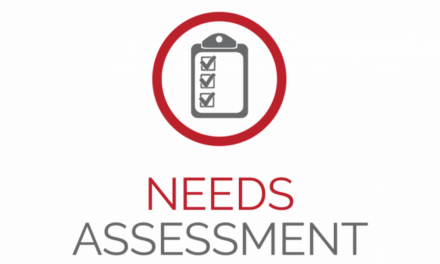A Job Hunter’s Guide
Today’s job market is tough. There are often many applicants applying for the same job, and employers usually interview several before making a choice. How can you make a good impression during the interview? How can you let an employer know about your unique capabilities?
A large part of a successful job interview is answering questions well. The key is to understand the purpose of the questions, prepare in advance and explain as clearly as you can. Here is a list of the kinds of questions employers ask during interviews and some strategies for responding.
| You & Your Skills | Interest in the Job | Commitment to the Job | Ability to Fulfil Job Requirements | Previous Employment | ||||||
| Employer will ask: | 1. | What do you consider your strengths | 1. | Why did you apply for this job? | 1. | Why have you changed jobs so many times? | 1. | Are you willing to relocate? | 1. | Why did you leave your last job? |
| 2. | Why should we hire you? | 2. | What do you know about our company? | 2. | Are you thinking about going back to school? | 2. | Do you prefer to work by yourself? | 2. | How did you feel about your previous employer? | |
| 3. | What are your most essential abilities? | 3. | Why do you want to work for us? | 3. | What are your plans? | 3. | Can you work under pressure? | 3. | How much were you absent in your last job? | |
| Employer’s purpose in asking: | To find out how well your qualifications match the job and what makes you different from other applicants. | To Find out if you understand his or her organization and to see how well you have prepared for the interview. | To find out if you’re prepared to stay on the job. | To find out how well you satisfy job requirements. He or she may describe a situation and ask how you would react. | To know if you’ve had employment problems that would eliminate you for a job in his or her company. | |||||
| How you should prepare: | Analyze your qualifications and match them to the job. | Research before your interview (i.e., talk to people who work at the company, read about the industry. | Think through your career plans and write down answers that will show that the job is not just a stopping point in your long-range goals. | Make sure you know what is important to you in terms of your lifestyle and working style. | Write down answers that emphasize the positive – for example, your desire to learn new skills or assume more responsibility. | |||||
| Your answers: | Explain how your experience and accomplishments relate to the job. Describe any situations in which you’ve demonstrated these skills. If you’re over-qualified, stress your adaptability and flexibility. | State what you’ve found out about the company and its operations. Explain why you’re interested in the job and how your skills would meet the business’s needs. | Talk about the challenge of the job and its relation to your career. If you’ve changed jobs many times, give a reasonable explanation and let the interviewer know how your experience will help you in this job. | If an interviewer wants your reaction to a situation, demonstrate your skills and knowledge to the best of your ability. If you can’t fulfil the requirements, say so. | Explain that you’re interested in having your career grow and develop and that you’re seeking new opportunities. Avoid getting emotional, and never make negative comments about your last job or employer. | |||||
| Sample Q & A | Q. | What are your weaknesses? | Q. | What is it about our products that interest you? | Q. | What are your long-range goals? | Q. | What salary are you looking for? | Q. | What did you dislike about your last job? |
| A. | My public speaking skills need work, but I’ve volunteered to chair a fund-raising committee, and I’m building these skills. | A. | Your company is at the forefront of the development of (product). I’m interested in your cutting-edge technologies. | A. | I’m interested in developing my communication skills to the point that I could deal directly with the public. | A. | A salary that matches my experience and that of the nature and scope of the job. | A. | I didn’t get the chance to work in (product/service), which I hope to do at your company. |
© Wordscapes® (David Turner). All Rights Reserved.




